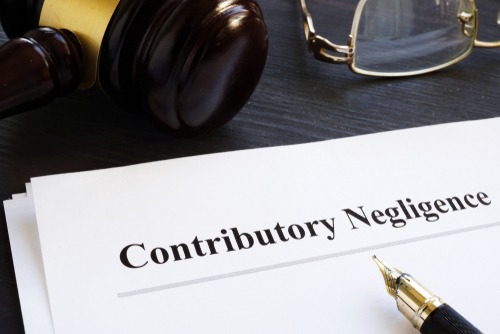If You’re a Passenger in a Crash, Whom Should You Sue?
Being in the vehicle during a serious car crash is a scary and even traumatizing event. But how should you proceed when someone else was to blame for your accident?
There are multiple ways for the passenger to collect damages after a serious car accident. First of all, however, it is important to note that you cannot sue the driver of the car you were riding in if you live with the driver and are related to each other; in that case, you are typically considered an “insured person” under the driver’s insurance policy, and you cannot pursue liability claims against your own insurance company.
But as long as you and the driver of the car you were in are not related, you could certainly have grounds for a personal injury suit against him or her. In addition, you could have a right to compensation from the other driver, depending on who was at fault in the accident. If both drivers were at fault, you could even file personal injury claims against both drivers in order to receive full compensation for your injuries.
However, keep in mind that you cannot collect more than your total claim is worth—either from one driver or from both. In other words, if the grand total of your injuries, pain and suffering, emotional distress, and property damage equals $20,000, you can collect up to $20,000. You can collect that from the other driver, the driver of the car you were riding in, or both, but you cannot exceed $20,000 when everything is said and done.
Victims in car accidents often pursue two separate personal injury claims when one driver’s insurance coverage doesn’t cover the entirety of the victim’s costs. Using the example above, say the passenger had $20,000 worth of injuries and costs associated with the accident, but the other driver only had $10,000 worth of insurance coverage. The passenger could collect $10,000 from that driver, who was partly at fault. Then, to cover the remaining costs of the accident, the passenger could pursue a $10,000 claim against the driver of the car he was riding in, who was also partially at fault. Plus, to make things slightly more complicated, if you are riding in a vehicle that doesn’t belong to the driver, you could even have a chance to pursue compensation from the owner’s insurance, rather than the driver’s.
For financial help that moves a little more quickly, you could file a claim under the medical payments coverage of your driver’s or owner’s auto policy. Since medical payments coverage is not dependent on liability, it does not require you to prove anything to an insurance company other than actual medical bills. You can collect medical compensation (up to the limits of your coverage) using this system. However, keep in mind that any payments you receive under medical payments coverage will be deducted from a liability settlement, should you bring and win a personal injury claim.


















